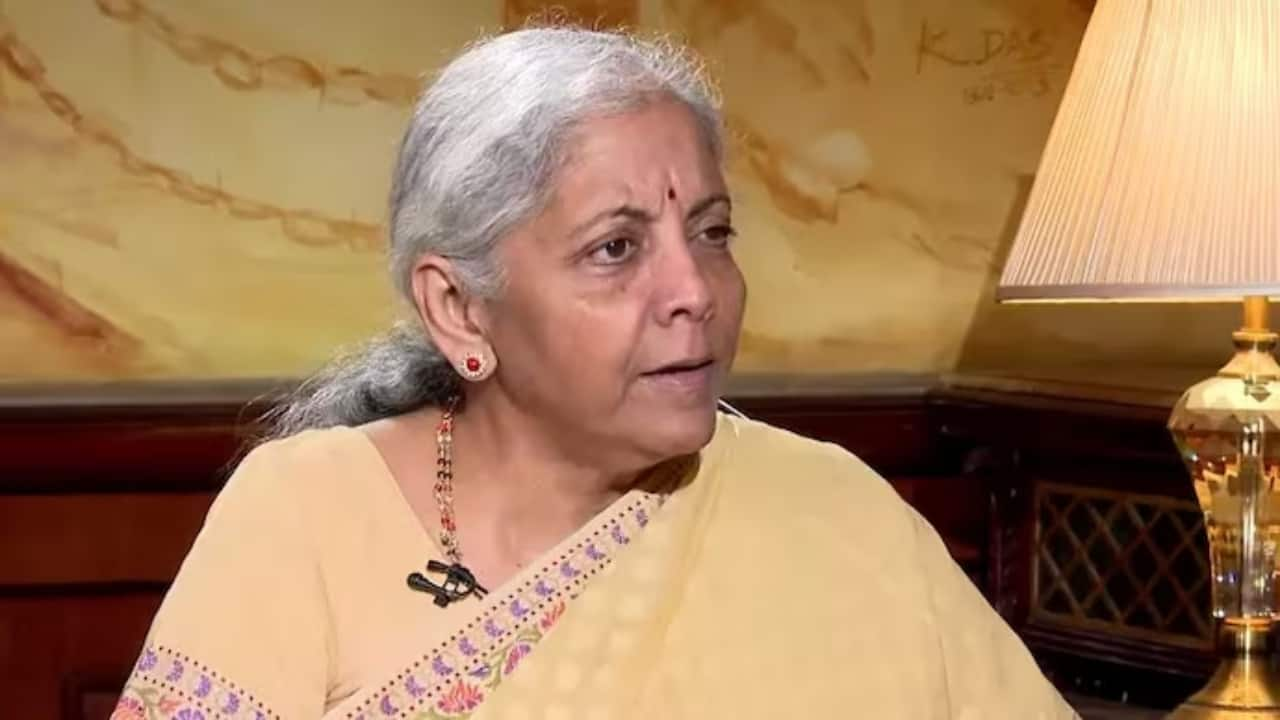GST 2.0: India's Finance Minister to Consult with Business Leaders on Tax Simplification

New Delhi – In a significant move to streamline India's Goods and Services Tax (GST) system, Finance Minister Nirmala Sitharaman is set to meet with key representatives from India Inc. today, May 27th. This meeting forms a crucial part of the government's ongoing efforts to implement GST 2.0 reforms, aimed at simplifying the complex tax structure and fostering a more business-friendly environment.
The proposed GST 2.0 reforms are a direct response to feedback received from businesses and industry experts regarding the challenges and complexities they face under the current GST framework. While GST was initially lauded for its potential to create a unified national market, its implementation has been met with various issues, including intricate compliance procedures, frequent changes in rates, and ambiguities in interpretations.
Addressing Key Concerns: The upcoming meeting is expected to focus on several key areas of concern. These include simplifying return filing processes, clarifying rate structures to reduce ambiguity, and addressing challenges faced by small and medium-sized enterprises (SMEs) in complying with GST regulations. Sources indicate that the Finance Minister is keen to hear firsthand experiences and suggestions from industry leaders on how to improve the system.
The Need for Reform: The push for GST 2.0 reforms comes at a time when the government is actively seeking to boost economic growth and attract foreign investment. A simplified and efficient GST system is considered vital for achieving these objectives. By reducing the compliance burden on businesses, the government hopes to unlock greater investment and create a more level playing field for all.
What to Expect from GST 2.0: While specific details of the GST 2.0 reforms remain under discussion, several potential changes are being considered. These may include:
- Reduced Tax Rates: A review of existing tax rates to potentially lower them in certain sectors, promoting competitiveness.
- Simplified Return Filing: Streamlining the return filing process through technology and automation, reducing the administrative burden on businesses.
- Improved Dispute Resolution: Establishing a more efficient and transparent mechanism for resolving GST-related disputes.
- Enhanced Technology Infrastructure: Investing in robust IT infrastructure to support GST operations and ensure data security.
Industry Perspective: India Inc. has consistently advocated for GST reforms to address the challenges it faces. Industry bodies such as the Confederation of Indian Industry (CII) and the Federation of Indian Chambers of Commerce & Industry (FICCI) have submitted detailed recommendations to the government outlining areas for improvement. The meeting with the Finance Minister provides a valuable opportunity for these concerns to be directly addressed.
Looking Ahead: The outcome of today’s meeting will be closely watched by businesses and economists alike. The GST 2.0 reforms have the potential to significantly impact India’s economic landscape, fostering a more conducive environment for growth and investment. The government’s commitment to addressing the concerns of India Inc. signals a positive step towards creating a more efficient and business-friendly tax system. Further announcements regarding the specific reforms are expected in the coming weeks following deliberations and consultations.




